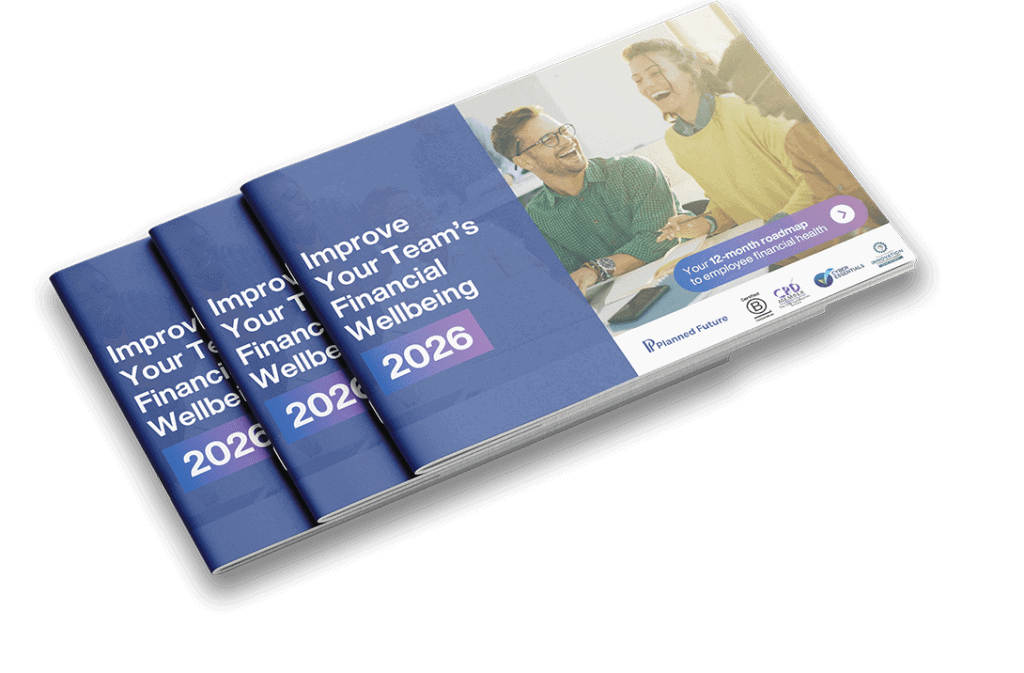How to Improve Financial Literacy
Financial Literacy is more than just understanding how to budget—it’s the ability to make informed decisions about managing money, saving, investing, and planning for the future.
In the UK, where the cost of living and personal debt levels remain high, improving financial literacy is essential for building resilience and achieving long-term financial wellbeing.
What is Financial Literacy?
Financial literacy refers to the knowledge and skills needed to understand and effectively use financial tools and services. This includes everything from managing a current account and credit card to understanding pensions, mortgages, and investment options.
A financially literate person can confidently navigate money matters, avoid common pitfalls like high-interest debt, and make informed choices that support their goals—whether it’s buying a home, saving for retirement, or starting a business.

Start With the Basics
If you’re looking to improve your financial literacy, begin by learning the basics of personal finance. A 30 minute chat with a Money Guide offers information and guidance to help better understand your financial overview.
Try budgeting apps to help track your spending habits and understand where your money goes each month.
Attend a Financial Wellbeing Workshop
Learning from qualified professionals can fast-track your understanding of complex topics like pensions, taxes, and investing. Planned Future provides financial wellbeing education through workshops, webinars, and seminars across the UK. These sessions are designed to improve your knowledge and confidence, and they’re particularly valuable for employers who want to support their teams with practical, life-enhancing skills.
Read and Watch UK-Based Resources
There are plenty of UK-specific resources to help improve financial literacy.
Consider following trusted voices like Martin Lewis from MoneySavingExpert or reading financial columns in publications such as The Guardian or Which?
Talk About Money
Financial literacy isn’t just about solitary learning—it’s about breaking the taboo around money and opening up conversations.
Whether it’s with family, friends, or colleagues, talking about your financial goals and challenges can help you gain new perspectives and feel less isolated.
Employers and community organisations should also encourage open dialogue and provide access to financial education tools and services.
Get to Know Your Workplace Benefits
Many people overlook the financial perks available through work, such as pension schemes, employee assistance programmes, and financial education.
Ask your HR department if they partner with providers like Planned Future to deliver financial wellbeing support—these sessions can help you get more from your salary and plan smarter for the future.
Improving your financial literacy is one of the best investments you can make in yourself. With a little time, the right resources, and a proactive mindset, you can take control of your finances and build a more secure, confident future.

